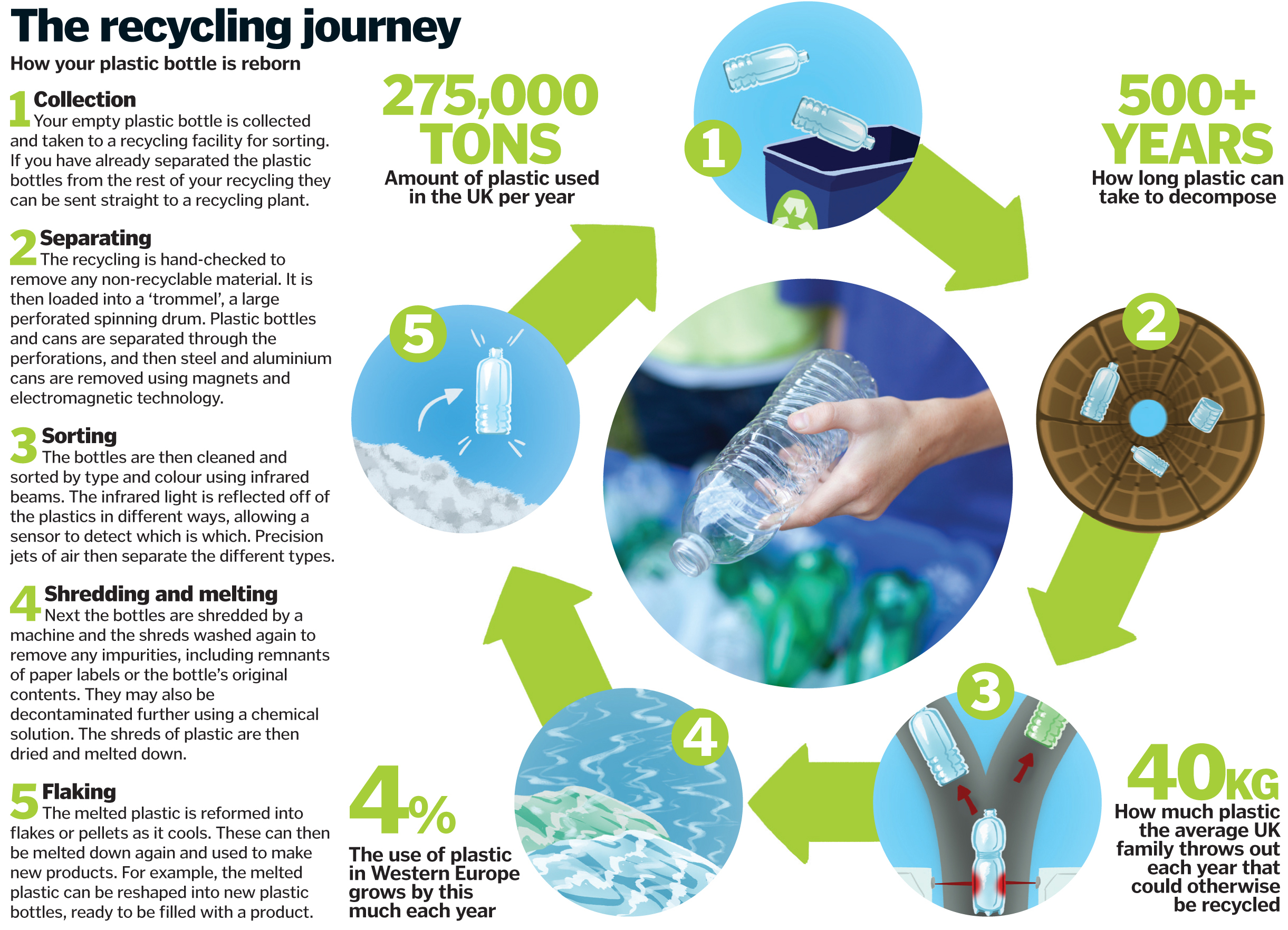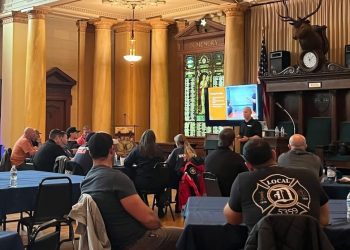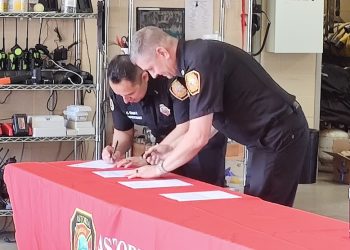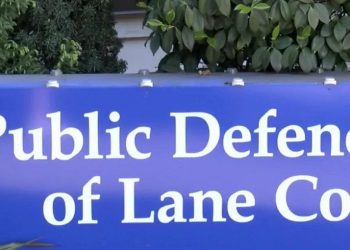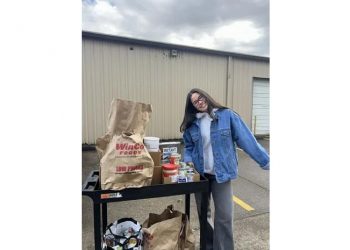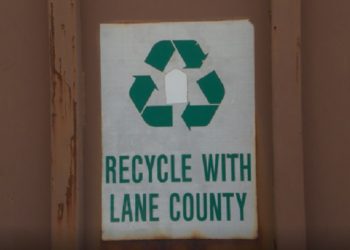BOZEMAN, Mont. – From a young age, we are taught that using the recycling bin is the first step in learning how to recycle. This means that recycling is literally the least that a person can do when it comes to lowering their environmental impact. As we grow, even if we don’t actively recycle, even seeing that little recycling symbol is usually enough to make us rethink what we’re about to throw out. In a way though, our faith in the power of recycling is a bit of a crutch.
We feel less guilty about buying and using plastic products knowing that they will one day be recycled. But recycling is a complicated business, and just because a piece of plastic can be recycled once, does not mean it can be recycled further, or that it’s cost-effective to do so. And in the end, the many vagaries involved in plastic recycling will ultimately determine its continued viability in the years to come.
Can recycled plastics be recycled? Keep reading to find out.
Can recycled plastic be recycled?
If you have an item made from recycled plastic, whether it’s a Solo cup, Tupperware container, or single-use water bottle, it is only recyclable if it has a recycling symbol on it. If you see a recycling symbol with a number from 1 to 7, you’re technically doing the right thing if you recycle it accordingly.
But on a more scientific level, recycled plastic is much less easily recycled than virgin plastic. That’s because unlike glass and metal, which can be melted down and recycled indefinitely, plastic’s molecular stability downgrades over time.
This is because plastics are polymers, long chains of atoms arranged in repeating patterns. When plastic is first made, the polymer chains are long and well, plasticky. But every time the plastic is recycled, the chain shortens. A single piece of plastic can only be recycled two or three times before it’s unusable. After that, it’s just trash, and will break down into lovely microplastics.
Is all plastic recyclable?
Just because plastic water bottles and soda bottles are recyclable does not mean that all plastics are. Not all plastics are created equal, you see. In fact, many types of thin, brittle plastic, those candidates most deserving of repurposing, are not actually recyclable. Plastic grocery bags, straws, coffee cups, and thin plastic drinking cups, are not easily recyclable. All plastics are categorized in different ways, and each possesses a different rate of recyclability.
According to Resin Identification Codes (RIC), all plastics are classified into 7 categories, each differentiated by the temperature at which the material has been heated. Each one is then labeled 1 through 7 according to the temperature and how “recyclable” it is. Those in category 1, for example, like water bottles, are considered the “most recyclable.”
Two types of plastic — thermoset, and thermoplastics — are both considered to have different qualities in terms of recyclability. Thermoplastics are plastics that can be re-melted and remolded into new products. These can be recycled. Thermoset plastics contain polymers that cross-link to form an irreversible chemical bond. This means that no matter how much heat you apply, they will not melt. If the plastic cannot be melted back down, it can’t be recycled.

